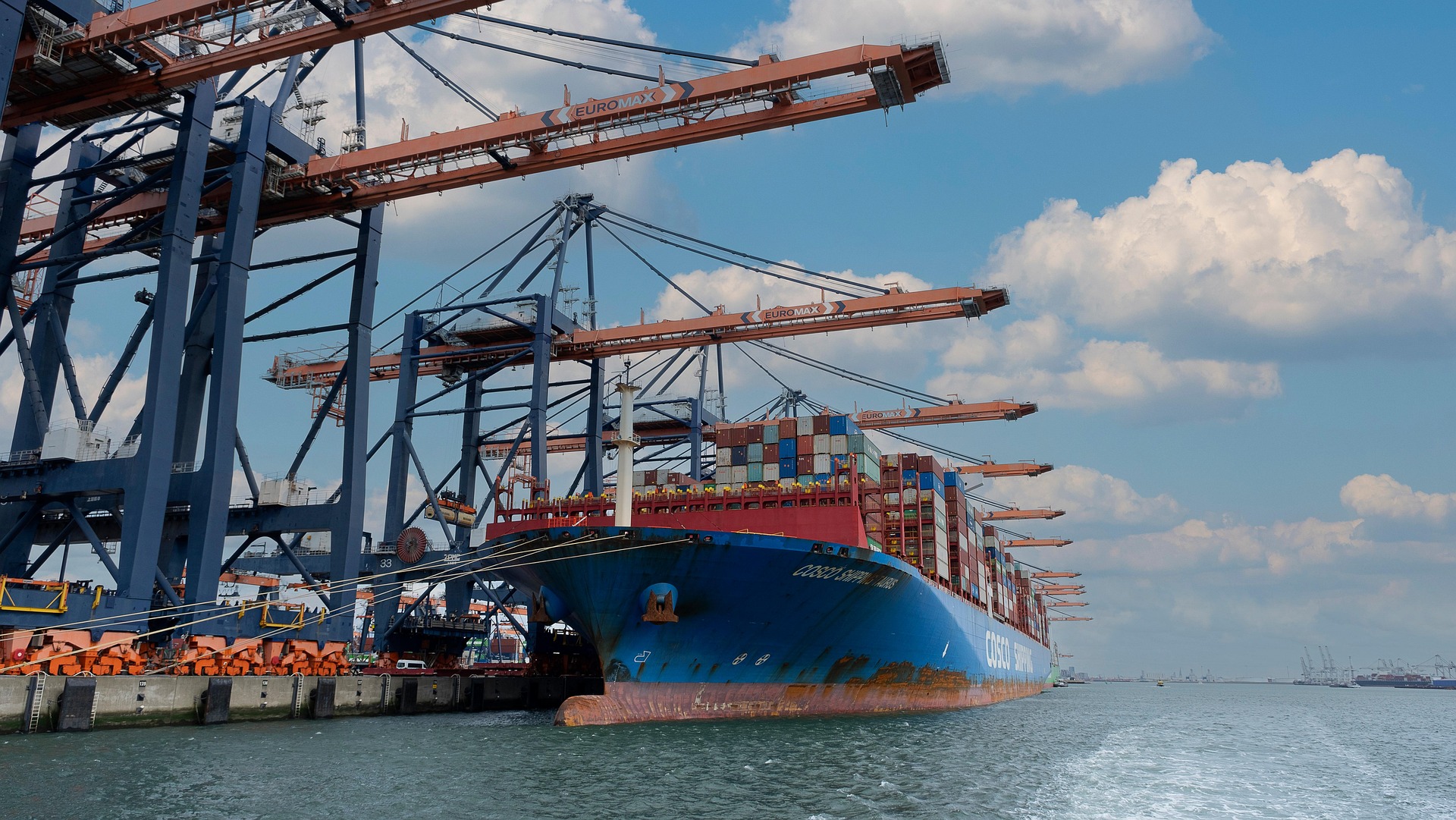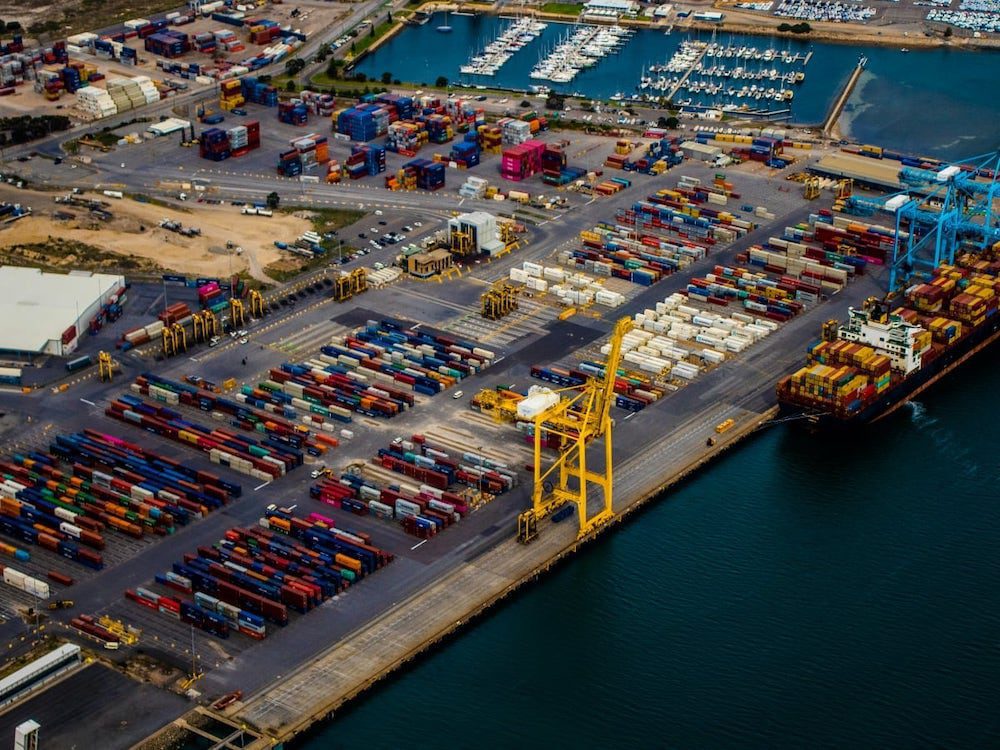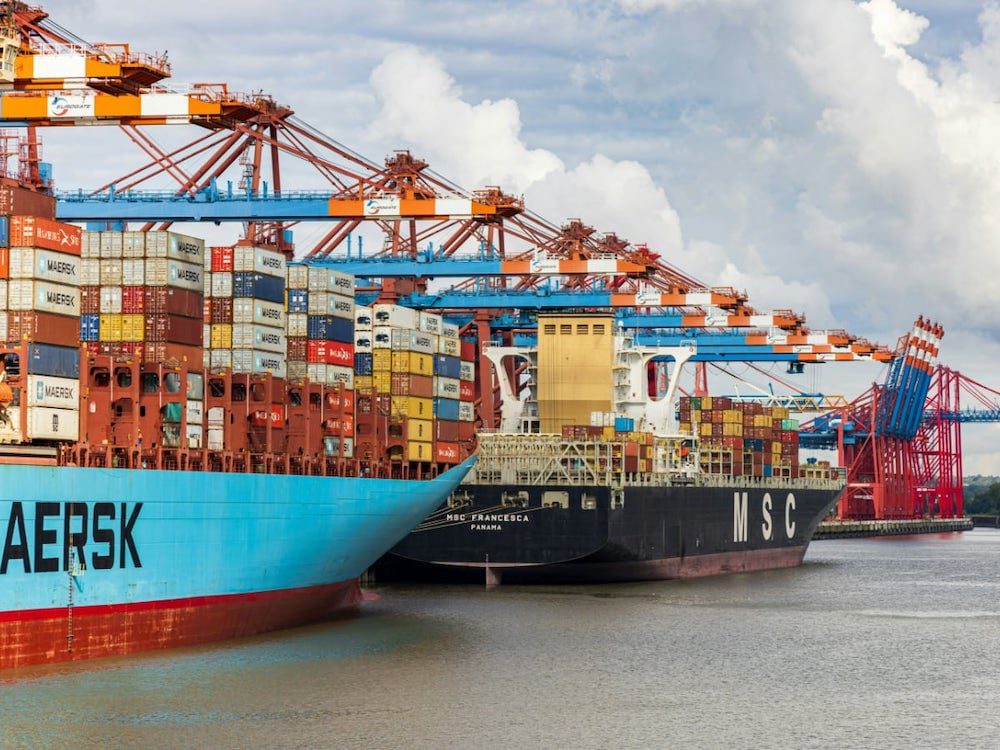Why should importers diversify their port strategies?
Port diversification helps importers dodge disruption, trim hidden fees, and maintain cargo flow when congestion, inspections, or labor issues strike. A savvy freight forwarder doesn’t just ship—it plays chess with ports, balancing speed, cost, and reliability for your unique goods.
What are the key insights importers should know about port diversification?
- Ports differ in infrastructure, workforce, and customs handling.
- The “cheapest” port on paper can become costly due to delays or hidden fees.
- Certain ports historically clear specific commodities faster due to staffing or resources.
- Smart forwarders blend historical data, client feedback, and live updates to pick lanes.
- Strategic port usage reduces exam delays, storage penalties, and abandonment risk.
Why does port choice matter so much in logistics?
Each U.S. port runs on its own quirks—rules, services, and chokepoints differ. Even neighboring ports can deliver vastly different performance. For example, some ports lack government-run bonded warehouse capacity, increasing costs if cargo sits unclaimed. In contrast, the Port of Long Beach boasts extensive on-dock infrastructure and exam capacity that speeds customs processing.
How does port selection impact overall shipping costs?
Focusing only on landing rates is risky. Demurrage, storage, and surprise exam charges can negate any upfront savings. A port with slightly higher fees may shave days off clearance time or offer better inland access—lowering total landed cost. Effective forwarders evaluate both visible and hidden costs before routing.
Which commodities benefit most from specific port strategies?
Clearance speed often hinges on the commodity. Ports familiar with high-value electronics or perishables tend to process those goods faster. Mismatches—like sending perishables to a port with fewer cold handling options—can stall your supply chain. Forwarders well-versed in commodity behavior avoid these missteps.
How does Dedola Global Logistics support smooth port diversification?
- We verify Harmonized Tariff Schedule (HTS) codes before your first shipment.
- We confirm importer approval of duties and taxes before submitting customs entries.
- We monitor congestion or exam issues and reroute proactively when needed.
Dedola’s proactive approach ensures clients avoid surprises—document errors, cost shocks, or clearance hold-ups. Our team relies on decades of experience and importer feedback to optimize port selection with precision.
What are the key takeaways on port diversification?
- Ports aren’t interchangeable—think “smartest,” not just “cheapest.”
- Specialized customs and handling facilities matter.
- Diversifying ports reduces risks like storage fees and exam delays.
- Dedola’s process safeguards accuracy and anticipates complications.
- A small upfront difference in port cost can yield outsized savings downstream.
FAQ
Q: Can the wrong port really cause weeks of delays?
Yes. Delays from congestion, limited exam stations, or missing facilities can add days—or even weeks—to transit times.
Q: Should importers always choose the nearest port?
Not always. A slightly farther port may have faster clearance or better inland connections, lowering the total landed cost.
Q: How does Dedola choose ports for its clients?
We weigh commodity type, customs behavior, infrastructure, and importer priorities before recommending the optimal routing strategy.
Q: Do ports specialize in certain commodities?
Yes. Some ports handle perishables, auto parts, or electronics more efficiently due to their specialized inspection stations and storage.
Q: What happens if a container is held for examination?
Ports with government warehouses can clear holds faster and reduce storage fees, minimizing the financial impact on the importer.

About the Author
Michael Goldsmith is Dedola’s VP of Strategic Client Partnerships. With two decades in international trade and customs policy, he enables high-volume importers to navigate tariff volatility, optimize freight modes, and maintain cost control—even in turbulent regulatory environments. Learn more on Dedola’s About page or dive into our Tariff Classification Guide.







